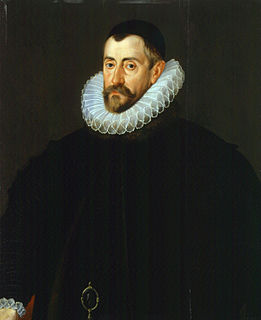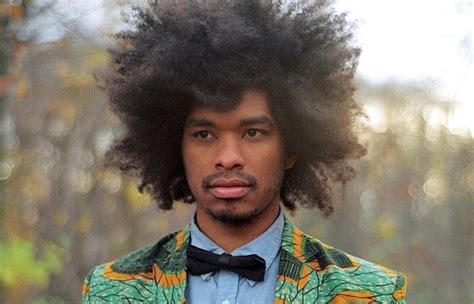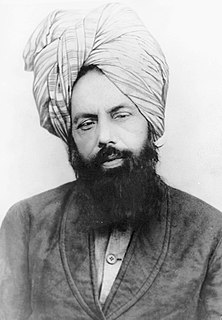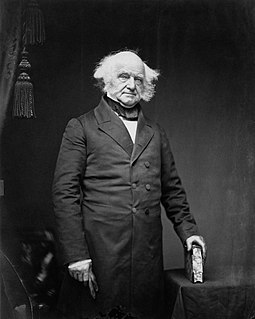A Quote by Francis Walsingham
I call God to witness that as a private person I have done nothing unbeseeming an honest man, nor, as I bear the place of a public man, have I done anything unworthy of my place.
Related Quotes
The priest therefore saw what the anchorite could not. That God needs no witness. Neither to himself nor against. The truth is rather that if there were no God then there could be no witness for there could be no identity to the world but only each man's opinion of it. The priest saw that there is no man who is elect because there is no man who is not. To God every man is a heretic.
Maybe I just have a different line than other people in terms of where my personal emotional space becomes public and private. There's almost nothing I wouldn't tell somebody about my quote - unquote "personal life" if they asked in any conversation. There's nothing I've done or said that's that great. I don't see anything I've done to be that different than any other normal person.
In Utopia, where every man has a right to everything, they all know that if care is taken to keep the public stores full, no private man can want anything; for among them there is no unequal distribution, so that no man is poor, none in necessity; and though no man has anything, yet they are all rich; for what can make a man so rich as to lead a serene and cheerful life, free from anxieties.
10 years ago the black man knew what his condition was. And today, because of the world revolution that's taking place all over this earth, the black man would be fighting for what he knows is his by right, but the movement on the part of [Martin Luther] King and the others had done nothing but slow down the militancy that is inherent in the nature of the black man.
There are many people who live in what I call 'No-man's Land,' a place where you're not really happy, but you're not unhappy enough to do anything about it. That's a dangerous place. It's a place where people numb themselves to their dreams. It's where they dismiss hope and accept what's in front of them instead of driving toward what they really want in life.
History is for human self-knowledge. Knowing yourself means knowing, first, what it is to be a person; secondly, knowing what it is to be the kind of person you are; and thirdly, knowing what it is to be the person you are and nobody else is. Knowing yourself means knowing what you can do; and since nobody knows what they can do until they try, the only clue to what man can do is what man has done. The value of history, then, is that it teaches us what man has done and thus what man is.
I could not become anything; neither good nor bad; neither a scoundrel nor an honest man; neither a hero nor an insect. And now I am eking out my days in my corner, taunting myself with the bitter and entirely useless consolation that an intelligent man cannot seriously become anything, that only a fool can become something.
I never heard weeping like that before or after; not from a child, nor a man wounded in the palm, nor a tortured man, nor a girl dragged off to slavery from a taken city. If you heard the woman you most hate in the world weep so, you would go to comfort her. You would fight your way through fire and spears to reach her. And I knew who wept, and what had been done to her, and who had done it.
The word "utopia" has two meanings. It means both "good place" and "nowhere". That's the way it should be. The happiest places, I think, are the ones that reside just this side of paradise. The perfect person would be insufferable to live with; likewise, we wouldn't want to live in the perfect place, either. "A life time of happiness! No man could bear it: It would be hell on earth," wrote George Bernard Shaw, in his play Man and Superman.



































